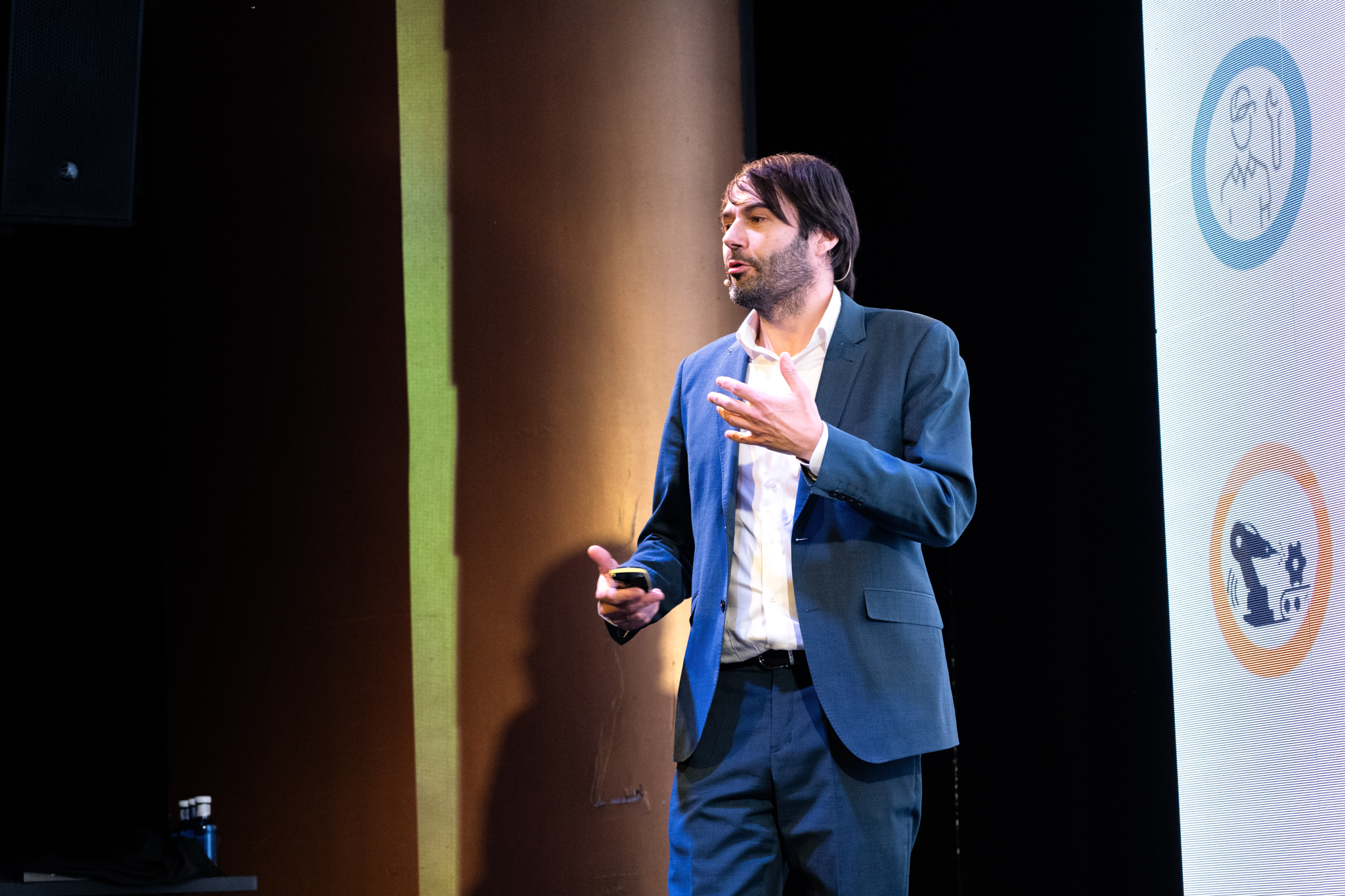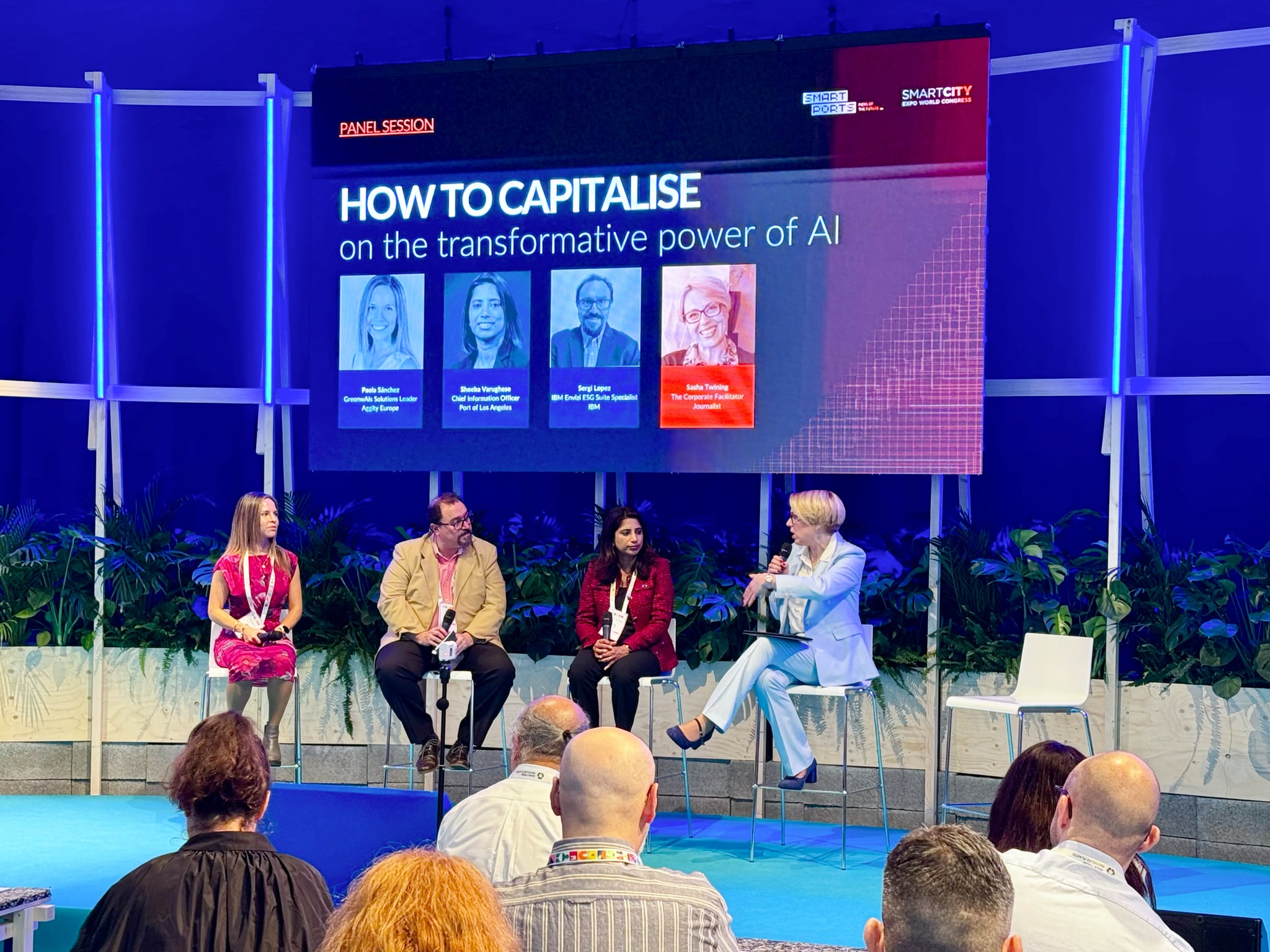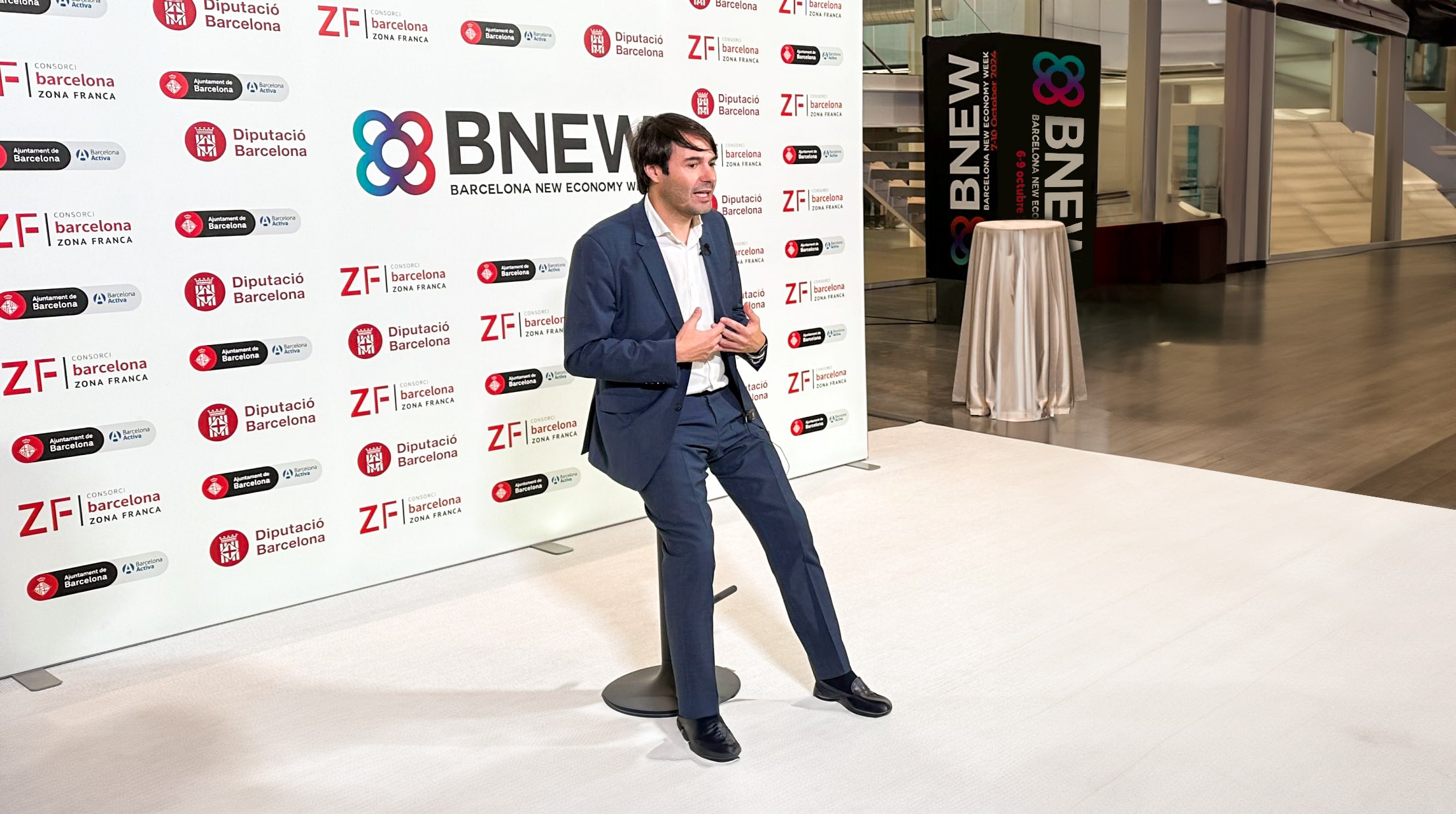Unlocking the power of predictive modeling in Marketing

Implementing predictive modeling in marketing can be the difference between a marketing campaign that resonates and one that fails to make an impact. We explore the basics of predictive models, their relevance in strategic decision making and how they can be applied.
Tabla de contenidos
ToggleLearn how predictive models have the power to revolutionize your marketing strategies and increase ROI.
What is a predictive model? These are advanced tools that use algorithms and data analysis to, for example, predict future customer behaviors. Predictive analytics in marketing is increasingly used as it allows companies to anticipate customer needs, make strategic decisions and anticipate customer needs.
The use of predictive analytics allows marketing departments to optimize campaigns with predictive models and, of course, to improve customer loyalty.
Data collection and cleaning
In order to know what a predictive model is, it is necessary to know that there is a fundamental basis, which is data. Without them, it is impossible to develop a customer analysis, perform a prediction of consumer behavior or run a predictive sales analysis. Data quality is naturally the pillar on which the predictive model is built.
It is not enough just to have a large amount of data, but it must contain valuable information, so if a company wants to be successful it is necessary to perform a comprehensive collection process and a cleaning of all the information. This quality data is what will ensure effective decision making and will allow the application of data analysis in marketing to predict market trends, perform predictive scoring techniques or develop predictive models for segmentation.
Data cleaning and polishing should be done with an eye to what you want to achieve with the data. Using them to gain customer insights with big data is not the same as using them to develop data-driven retention strategies. In this way, setting clear objectives will increase conversion rates, improve customer retention or optimize marketing budget allocation.

Machine Learning and predictive models
Machine learning in marketing uses algorithms to analyze patterns of all the data obtained from different sources. The Digital Customer Engagement by aggity platform makes use of this technology and also of Artificial Intelligence to perform personalized communications and marketing automation in real time, which maximizes the conversion of actions.
The great advantage of using Machine Learning as a tool for predictive models lies in its ability to adjust and improve predictions progressively. Well developed and used, Machine Learning technology allows for continuous adaptation as data and market circumstances evolve, enabling the establishment of an Advanced Customer Analytics strategy.
Integration with other marketing strategies
The strength of predictive models lies in working together with other digital marketing strategies, creating a holistic approach that optimizes all customer touch points.
Thanks to this joint work, it is possible to perform, for example, a propensity-to-purchase modeling or a sentiment analysis for customer journey. Integrating predictive analytics with the content marketing or social media strategy allows the development of personalized campaigns that will ensure customer loyalty and provide a differential point with respect to competing brands.
On the other hand, the task of analyzing data to develop campaigns is tedious and of little value. For this reason, marketing marketing automation and predictive modeling have to go hand in hand. The use of automation tools streamlines the day-to-day operations of the marketing department and maximizes the relevance of communications. By automating routine tasks, such as sending emails or segmenting audiences, marketers can focus on more strategic and creative work.

AI in a predictive model
The challenge for organizations and marketing departments is to build customer loyalty by anticipating customers’ needs and offering them a personalized service that makes them feel important.
In the not too distant future, these two aspects will become even more important and there is a technology that promises to change everything. Artificial intelligence for CMO (Chief Marketing Officer) will have an impact on the improvement of predictive models.
AI-based personalization involves the ability to anticipate consumer behaviors, allowing companies to stay one step ahead and deliver more personalized and relevant experiences. The operational efficiency provided by AI-enabled marketing advances real-time decision making while reducing risk and optimizing resources.
Últimos posts

aggity strengthens its commitment to sustainability as a SILVER partner of “Fundación Empresa & Clima”.

aggity participates in the IBM Ecosystem Summit 2024 with an applied case of Generative AI in the food industry

Aggity, together with the multinational Fortinet, present an exclusive event in Lima on the application of Generative AI in Corporate Cybersecurity.

aggity participates in Smart Ports: Piers of the Future

aggity Supports the Contigo Foundation at its Annual Dinner

Challenges and Opportunities of Generative AI in Industry: Our Experience at BNEW

Official Liferay Partner in Spain





